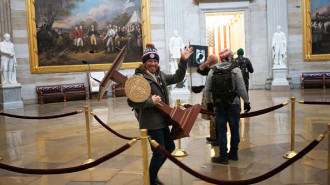Morocco's World Human Rights Forum a 'sham' to some
Amnesty International describes torture as “central to Morocco's justice system”. Human Rights Watch said that the country's authorities had blocked more than 15 human rights meetings in the country since July 2014. And yet, from 27 to 30 November, the North African country's centre of tourism, Marrakech, is hosting the World Human Rights Forum, a meeting of 5,000 people from 94 countries.
The Forum has attracted luminaries from the world of human rights and politics, including Nobel Peace Prize winners Malala Yousafzai, Shirine Ebadi and Kailiash Satyarhi, as well as Jose Luis Zapatero and Navi Pillay.
Is there a contradiction here?
| It is a sham, they are trying to cover up the violations. - #SHAMeForum |
The team behind '#SHAMEeForum' think so. They've launched an online campaign severely criticising the decision to host the World Human Rights Forum in Morocco, a country with a semi-democratic system where the monarch, King Mohammed VI, has the ultimate say.
Several prominent Moroccan human rights organisations, including AMDH, have already pulled out, as have international figures such as Noam Chomsky and Gilbert Achcar.
As the name of the campaign suggests, they think it's all a sham.
“A global human rights conference where organisations like CODESA [a Western Saharan human rights organisation] are not invited and their representatives are not allowed to participate does not have the human rights of Moroccans at heart, but rather is a masquerade for the outside world,” the six-person collective said in an email to al-Araby al-Jadeed.
“It is a sham, they are trying to cover up the violations.”
The aim of the campaign is to create more awareness at what they say are ongoing gross human rights violations in the country. #SHAMeForum say that there are at least 300 political prisoners, and point to violations of the right to assembly, discrimination against minorities, and a crackdown on freedom of the press and expression.
“People [need] to ask themselves – how is it possible that Morocco considers itself appropriate to organise just such a Forum on human rights?” #SHAMeForum said.
The organisers of the World Human Rights Forum argue that the event presents Moroccans with a unique opportunity to further the cause of human rights in the country.
| This World Forum is an opportunity for Moroccan human rights actors... to actively contribute to the international human rights movement. - Abd al-Elah al-Hadhari, CMDH |
In the Forum's promotional video, amid shots of children frolicking in water and playing football, the narrator says that the gathering is an opportunity for the people of the global south to learn about human rights cases and “contribute to global conversations”.
Efforts were made to contact both the organisers of the World Human Rights Forum and the Moroccan Embassy in the UK, but unfortunately neither were available for comment by time of publication.
Abd al-Elah al-Hadhari, the president of the Centre Marocain des Droits de l'Homme (CMDH), said that the Forum was a positive move for Morocco, and would be beneficial for Moroccan human rights organisation.
“This World Forum is an opportunity for Moroccan human rights actors... to actively contribute to the international human rights movement,” al-Hadhari said on the opening day of the Forum.
Government officials have also been quick to praise the hosting of the Forum in Morocco, with the country's UN ambassador, Omar Hilale, saying that it represents “international recognition” of Morocco's achivements, and of its “reaching out to human rights and civil society organisations”.
The question now is, are the positives spoken about by defenders of the World Human Rights Forum enough to justify an international event that may gloss over human rights violations committed in Morocco?
There is a general acceptance in Morocco that there are issues to deal with with regards to human rights, and that things are not perfect. The reign of King Hassan II, Mohammed VI's father, is largely acknowledged as being a time of heavy repression. Since becoming king in 1999, Mohammed VI has attempted to portray himself as a moral liberal and tolerant monarch.
In 2004 the king ordered the establishment of the Moroccan Equity and Reconciliation Commission (IER), an attempt to reconcile human rights victims and their abusers, and allow victims to seek some form of justice for violations committed during the reign of King Hassan II.
| It's a shame that these international organisations are letting this happen at the expense of the independent voices struggling to be heard. - Samia Errazzouki, Jadaliyya |
“The IER represents a ground-breaking approach for the entire region and is exceptional in many respects,” said Said Temsamani, a political analyst who follows events in Morocco, and describes the Moroccan monarchy as having a “strong legitimacy” in the country.
“The human rights situation in Morocco is significantly better than it was under King Hassan II... Following the king's promise of reform in 2011, violations did lessen, and many Moroccans felt there was a slight opening for political expression. However, concerning judicial reform, everybody recognises the fact that a lot needs to be done,” Temsamani said.
In the same way that defenders of the monarchy admit that there are problems in Morocco vis-a-vis human rights, critics admit that the king is popular.
Samia Errazzouki, a co-editor at Jadaliyya, qualifies this by saying that Mohammed VI's popularity stems from the way the monarchy has been placed at the centre of Morocco's “national project” since independence.
“Moroccan identity is very much reliant upon the King as this source of unity, and all the other state policies emanated from this reference point,” Errazzouki said.
Errazzouki is fiercely critical of the human rights situation in Morocco.
“It [the Moroccan state] quietly targets outspoken activists and journalists that are within its reach, while leaving alone those who could potentially cause a major PR disaster for the regime,” Errazzouki said.
“Any outwardly expressed opinion that is critical of the monarchy, his shadow cabinet, ministers, parliament, or the government's policies in general is fair game for the regime, meaning it can land you in prison.”
With such critical views of the Moroccan state, Errazzouki sees the hosting of the World Human Rights Forum as an attempt to whitewash the government's human rights record.
“So far, the Moroccan government has used this conference as an opportunity to cover up its own human rights abuses and create this facade that only bolsters the regime's hegemony,” Errazzouki said. “It's a shame that these international organisations are letting this happen at the expense of the independent voices struggling to be heard.”
Additional reporting by Hassan al-Ashraf in Rabat.

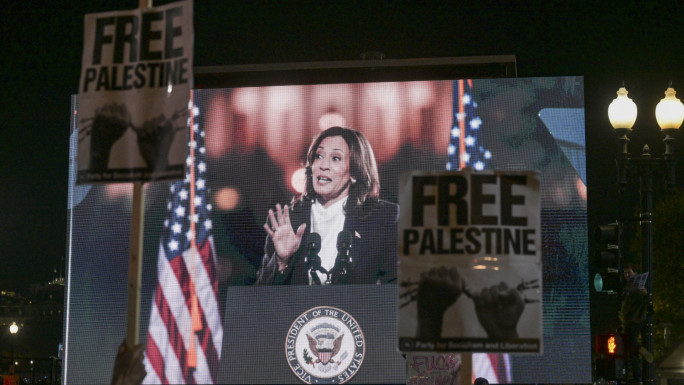
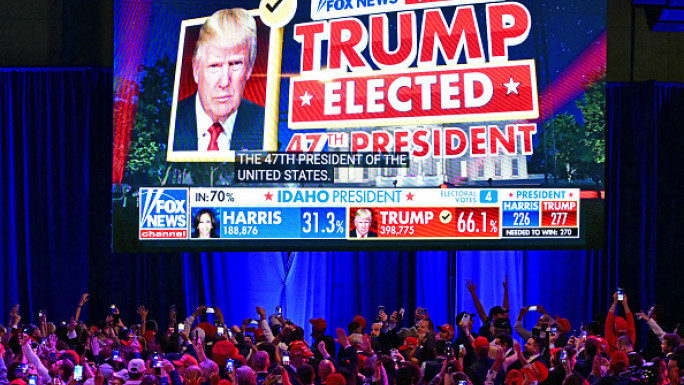
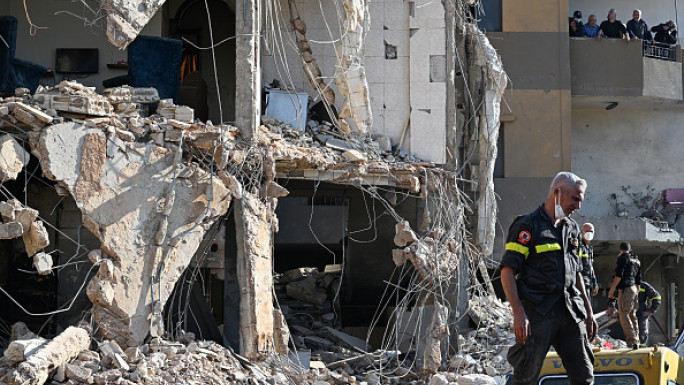
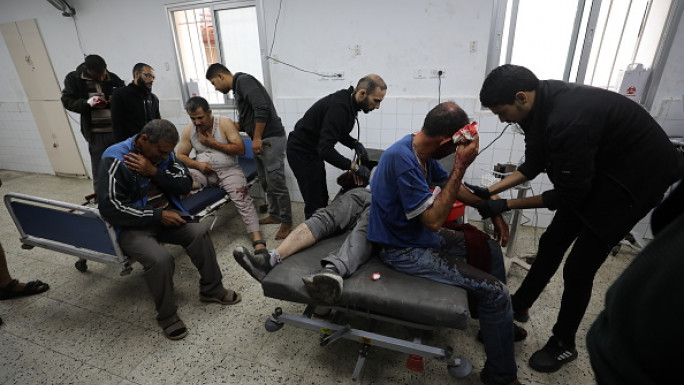
 Follow the Middle East's top stories in English at The New Arab on Google News
Follow the Middle East's top stories in English at The New Arab on Google News

![President Pezeshkian has denounced Israel's attacks on Lebanon [Getty]](/sites/default/files/styles/image_330x185/public/2173482924.jpeg?h=a5f2f23a&itok=S2wzLy-W)
